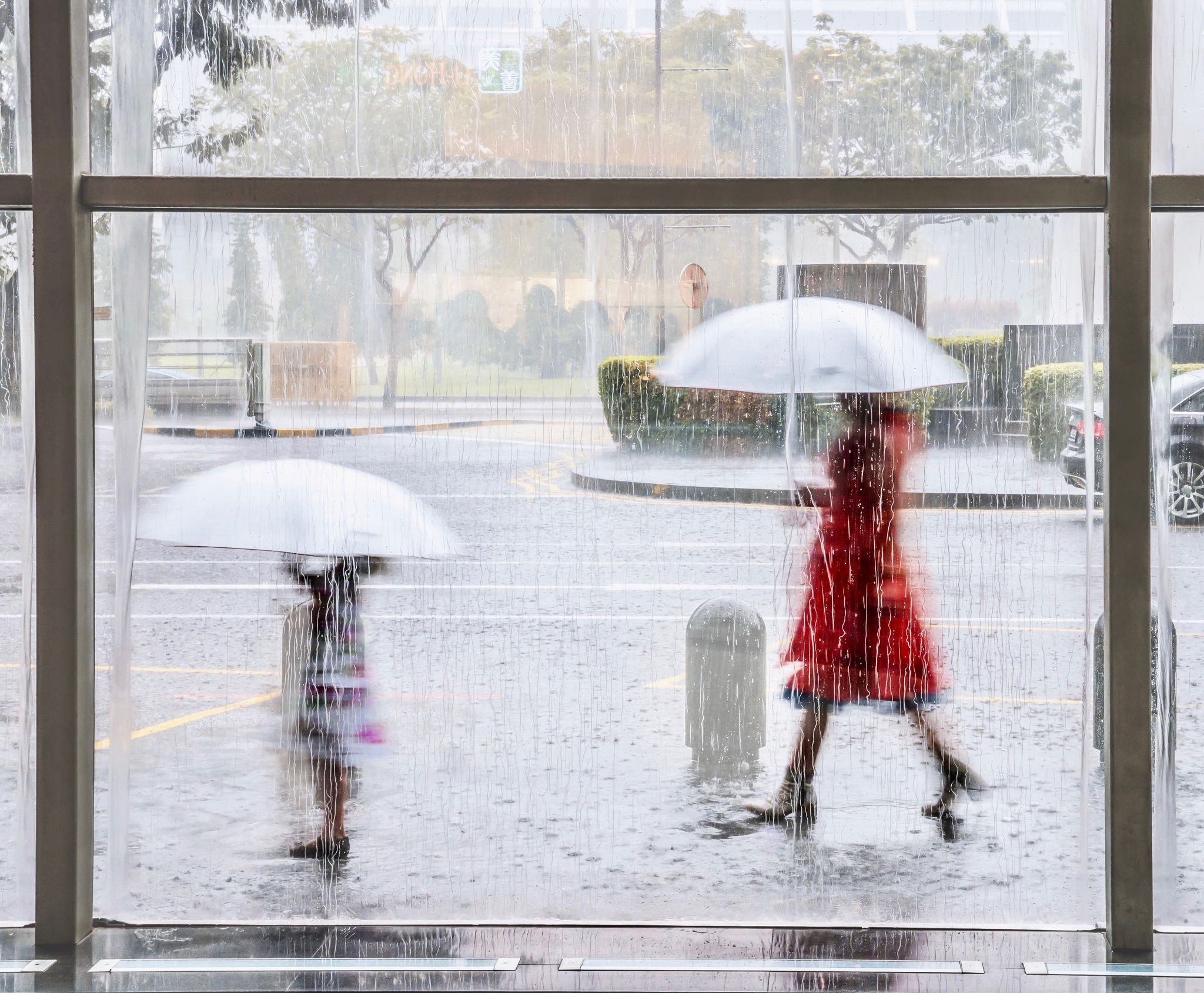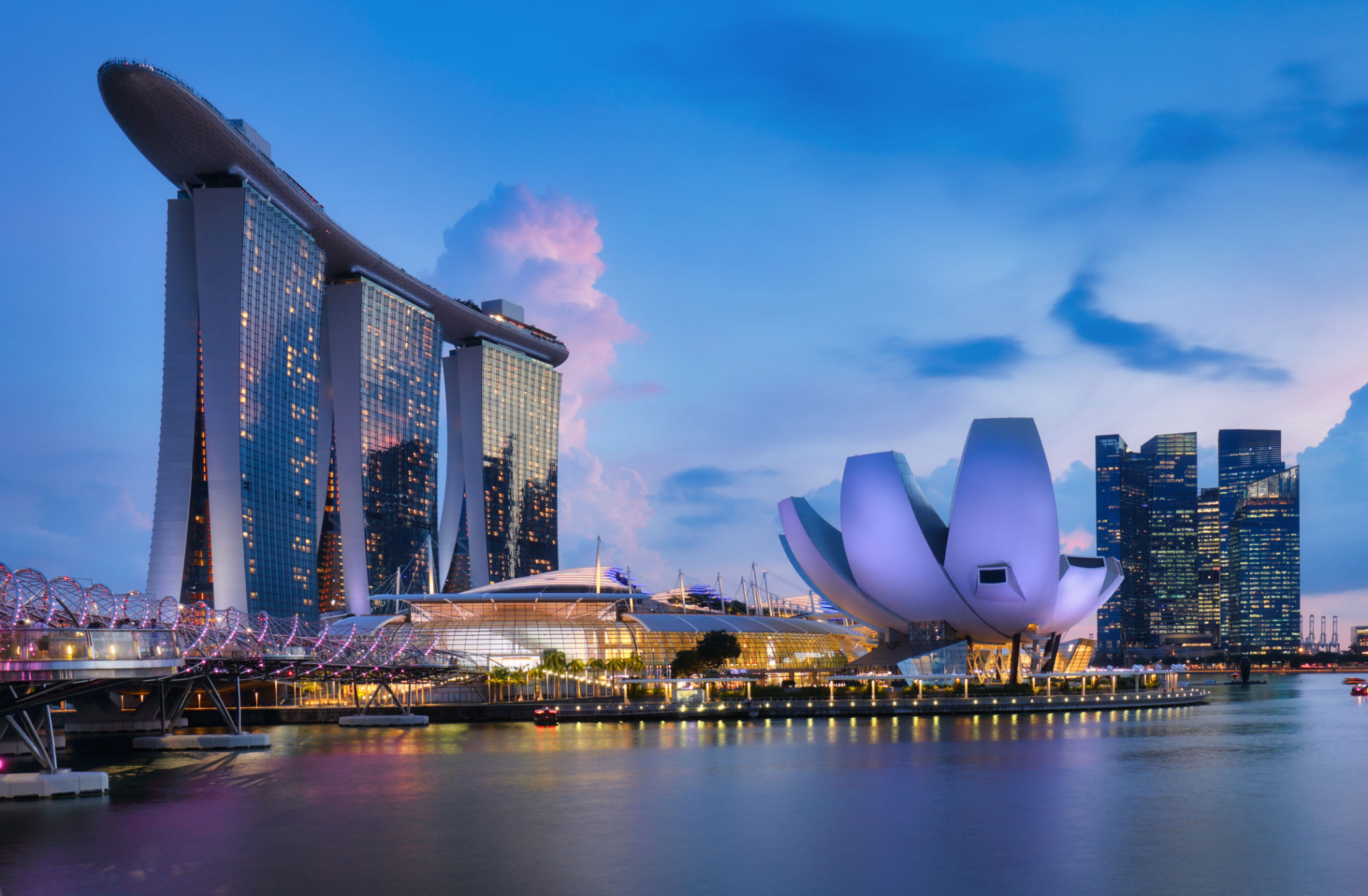The Impact of Seasonal Changes on Singapore's Real Estate Market
Understanding Singapore's Unique Climate
Singapore's tropical climate, characterized by high humidity and consistent temperatures, sets it apart from many other global real estate markets. Unlike countries with distinct seasons, Singapore experiences only two primary monsoon seasons: the Northeast Monsoon from December to early March and the Southwest Monsoon from June to September. These weather patterns play a significant role in shaping the real estate market dynamics.
The continuous warm weather means that the real estate industry is not subject to the same seasonal fluctuations seen in temperate regions. However, subtle changes during the monsoon periods can still impact buying and selling behaviors.

The Role of Monsoon Seasons
Northeast Monsoon
The Northeast Monsoon often brings cooler temperatures and increased rainfall. During this period, potential buyers may be less inclined to attend open houses or property viewings, preferring instead to stay indoors. As a result, sellers might experience a temporary dip in demand, potentially influencing pricing strategies.
Southwest Monsoon
Conversely, the Southwest Monsoon, although also rainy, tends to have shorter and less intense showers. This period can see a slight uptick in real estate activities as people adapt to the weather conditions. Developers and sellers often take advantage of this time to launch new projects or offer promotions.

Tourism and Its Impact on Real Estate
Singapore's tourism sector is heavily influenced by seasonal travel trends, which can indirectly affect real estate. During peak tourist seasons, typically in the cooler months of December to February, there is an increase in short-term rental demand. This surge can drive up rental prices, benefiting property investors who focus on vacation rentals.
Additionally, the influx of tourists during these months brings more expatriate interest in long-term property investments, as many visitors consider Singapore's vibrant economy and stable environment for relocation.

Festive Seasons and Market Activity
Festive periods such as Chinese New Year and Hari Raya Puasa are significant in Singapore's cultural calendar. These times see a slowdown in real estate transactions as people focus on family gatherings and celebrations. However, post-festive periods often bring about a renewal of interest in property transactions as individuals and families settle back into routine life.
Developers and agents often align their marketing strategies with these festive seasons, offering special deals and promotions to attract buyers once the celebrations conclude.
Future Predictions
As climate change continues to alter weather patterns globally, Singapore's real estate market may face new challenges and opportunities. Developers are increasingly considering sustainable building practices and designs that can withstand extreme weather conditions. Additionally, smart technology integration is becoming more prevalent, allowing properties to better manage energy consumption regardless of seasonal changes.
The resilience of Singapore's real estate market amidst seasonal fluctuations highlights its robust infrastructure and strategic planning. As the market evolves, stakeholders must remain adaptable to leverage seasonal trends effectively.
